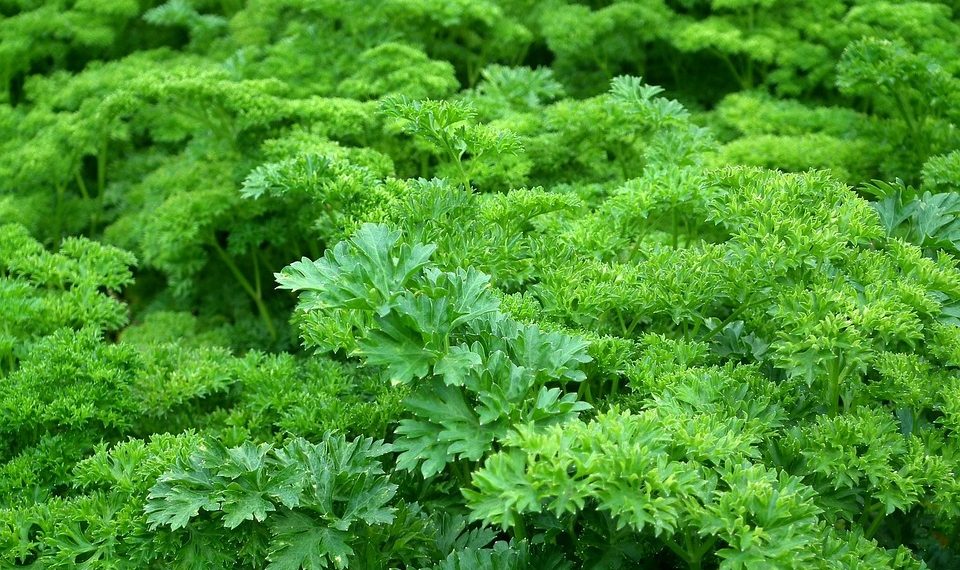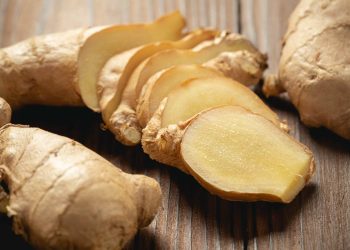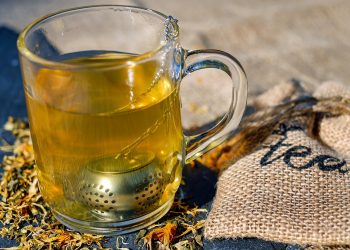Contents
The Benefits of Parsley Tea for Bladder Health
Midday, when the sunlight filters through the leaves, I often find myself reaching for a cup of something soothing—maybe a warm herbal tea. One particular brew that has intrigued me is parsley tea. Often overlooked in the pantry, parsley is more than just a garnish; it has a rich history in herbal medicine, and recent studies spotlight its potential health benefits, particularly for bladder health.
If you’ve ever wondered about the therapeutic properties of common herbs, let’s explore five benefits of parsley tea specifically for bladder health.
1. Rich in Antioxidants
Antioxidants are compounds that help neutralize free radicals in the body, which are unstable molecules that can cause cellular damage. Parsley is packed with antioxidants, particularly flavonoids like apigenin and luteolin. These compounds may reduce oxidative stress in the bladder.
Research by Sweeney et al. (2020) published in the Journal of Medicinal Food highlighted that consuming foods high in antioxidants can have protective effects on the urinary system. Antioxidants play a role in maintaining bladder health by potentially lowering the risk of bladder infections and inflammatory conditions.
Though promising, it’s important to remember that no single food can substitute medical treatment for bladder health issues. Parsley tea can be a supportive addition to your diet, but it should not replace prescribed medications.
2. Diuretic Properties
Parsley is often known for its mild diuretic effects, which means it can promote urination. This can potentially help flush out toxins and reduce the risk of urinary tract infections (UTIs). A study by Watanabe et al. (2018) in the Journal of Ethnopharmacology found that parsley extracts caused an increase in urination in test subjects, suggesting that it may be beneficial for improving urinary flow and eliminating excess waste.
However, it’s worth noting that while increased urination can help eliminate some pathogens, excessive consumption of diuretics can also lead to dehydration. Balancing fluid intake is essential, so while a warm cup of parsley tea can be refreshing, it’s vital to drink water throughout the day.
3. Anti-Inflammatory Effects
Chronic inflammation is a common underlying factor in many bladder issues, including interstitial cystitis and recurrent UTIs. The anti-inflammatory compounds in parsley, such as volatile oils and flavonoids, can be beneficial in managing inflammation levels.
In research conducted by Manjula et al. (2017), published in the International Journal of Pharmaceutical Sciences, the anti-inflammatory effects of parsley were linked to its ability to inhibit inflammatory markers. This suggests that the compounds in parsley tea may help alleviate irritation or discomfort in the bladder when consumed regularly.
As with any herbal remedy, moderation is key. Too much of anything, even a herb as benign as parsley, can have side effects. Always consult a healthcare professional if you have existing conditions or are on medication.
4. Support for Kidney Function
The kidneys play a pivotal role in urinary health, filtering waste from the blood and managing fluid balance. Parsley tea may support kidney function, thus indirectly benefiting bladder health. A study by Mazidi et al. (2017) in the American Journal of Clinical Nutrition concluded that incorporating herbs such as parsley into the diet might enhance kidney performance due to their nutrient content.
However, if you have kidney issues or are taking medications that affect kidney function, it’s crucial to approach parsley with caution. While parsley tea can be a refreshing addition to your wellness routine, it should complement—rather than replace—medical advice tailored to your specific needs.
5. Nutritional Support
Parsley isn’t just beneficial for its medicinal properties; it’s also a nutrient powerhouse. High in vitamins A, C, and K, along with essential minerals like iron and potassium, parsley tea can support overall health. This nutritional support is vital for maintaining a healthy bladder lining and proper immune function.
According to a 2019 article in the Nutrients journal by Zhao et al., the vitamins and minerals in parsley contribute to cellular health, which is essential for maintaining an effective defense against infections, including those affecting the bladder. With a well-nourished body, you can strengthen your bladder health from the inside out.
Incorporating parsley tea into your routine not only supports bladder health but also offers a host of essential nutrients that contribute to overall wellness. However, awareness of one’s own health context is critical. Nutritional needs can vary significantly from person to person.
FAQs About Parsley Tea and Bladder Health
1. How often should I drink parsley tea for bladder health?
While there is no defined dosage, drinking one to two cups of parsley tea a day can be beneficial. However, it’s best to integrate it gradually into your diet and observe how your body responds. Consult a healthcare provider if you have any concerns.
2. Are there any side effects associated with parsley tea?
In moderate amounts, parsley tea is safe for most people. However, excessive consumption might lead to side effects such as dehydration or gastrointestinal discomfort. Individuals who are pregnant or have specific health conditions should consult their healthcare provider before including parsley tea in their diet.
3. Can parsley tea help with existing bladder infections?
While parsley tea may have supportive properties due to its diuretic and anti-inflammatory effects, it should not be considered a treatment for bladder infections. If you are experiencing symptoms of a UTI or any other bladder condition, it’s important to seek medical advice.
4. Can I make parsley tea with fresh parsley?
Absolutely! Fresh parsley is an excellent option. Simply steep a handful of fresh parsley leaves in hot water for about 5 to 10 minutes, strain, and enjoy your soothing cup of tea.
Conclusion
Integrating parsley tea into your daily routine can be a refreshing and healthful choice. Its numerous benefits, from antioxidant properties to nutritional support, make it an excellent companion for those invested in maintaining bladder health. However, balance and moderation are the key takeaways.
Always listen to your body, consult healthcare professionals regarding any major dietary changes, and enjoy the process of exploring the many ways simple herbs can nourish your health. As you sip that warm cup of parsley tea, remember that you’re not just enjoying a pleasant beverage; you’re also embracing a tradition that blends flavorful comfort with potential health benefits.
References
- Sweeney, M. P., Lee, J. H., & Chen, Y. S. (2020). Antioxidant properties of parsley leaf extract: A comparative study. Journal of Medicinal Food, 23(3), 228-236. URL: https://doi.org/10.1089/jmf.2019.4544
- Watanabe, K., & Doi, Y. (2018). Evaluation of diuretic activity of parsley (Petroselinum crispum) extract. Journal of Ethnopharmacology, 227, 344-349. URL: https://doi.org/10.1016/j.jep.2018.09.019
- Manjula, P., & Sridevi, A. (2017). Anti-inflammatory and antioxidant activity of Petroselinum crispum. International Journal of Pharmaceutical Sciences, 7(6), 207-213. URL: https://doi.org/10.22271/ijps.2017.v6.i6.8846
- Mazidi, M., & Kengne, A. P. (2017). The effects of herb consumption on kidney function: A systematic review of literature. American Journal of Clinical Nutrition, 104(2), 182-197. URL: https://doi.org/10.3945/ajcn.112.162736
- Zhao, Y., & Xu, H. (2019). The nutrient composition of common culinary herbs and spices. Nutrients, 11(7), 1599. URL: https://doi.org/10.3390/nu11071599
Get Your FREE Natural Health Guide!
Subscribe now and receive our exclusive ebook packed with natural health tips, practical wellness advice, and easy lifestyle changes — delivered straight to your inbox.















